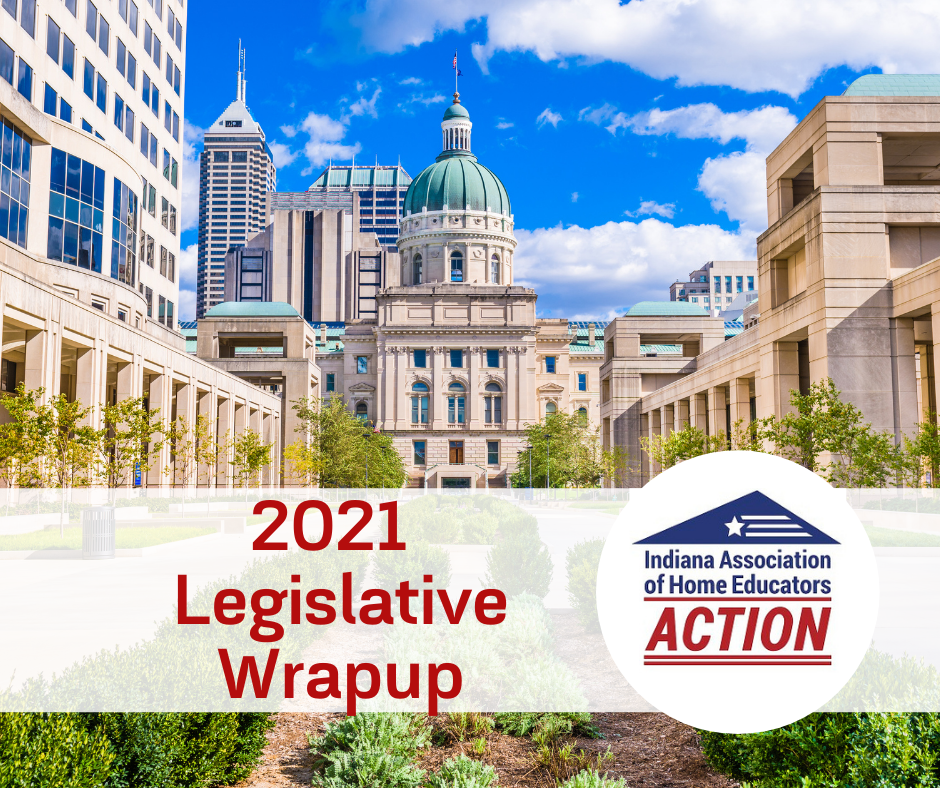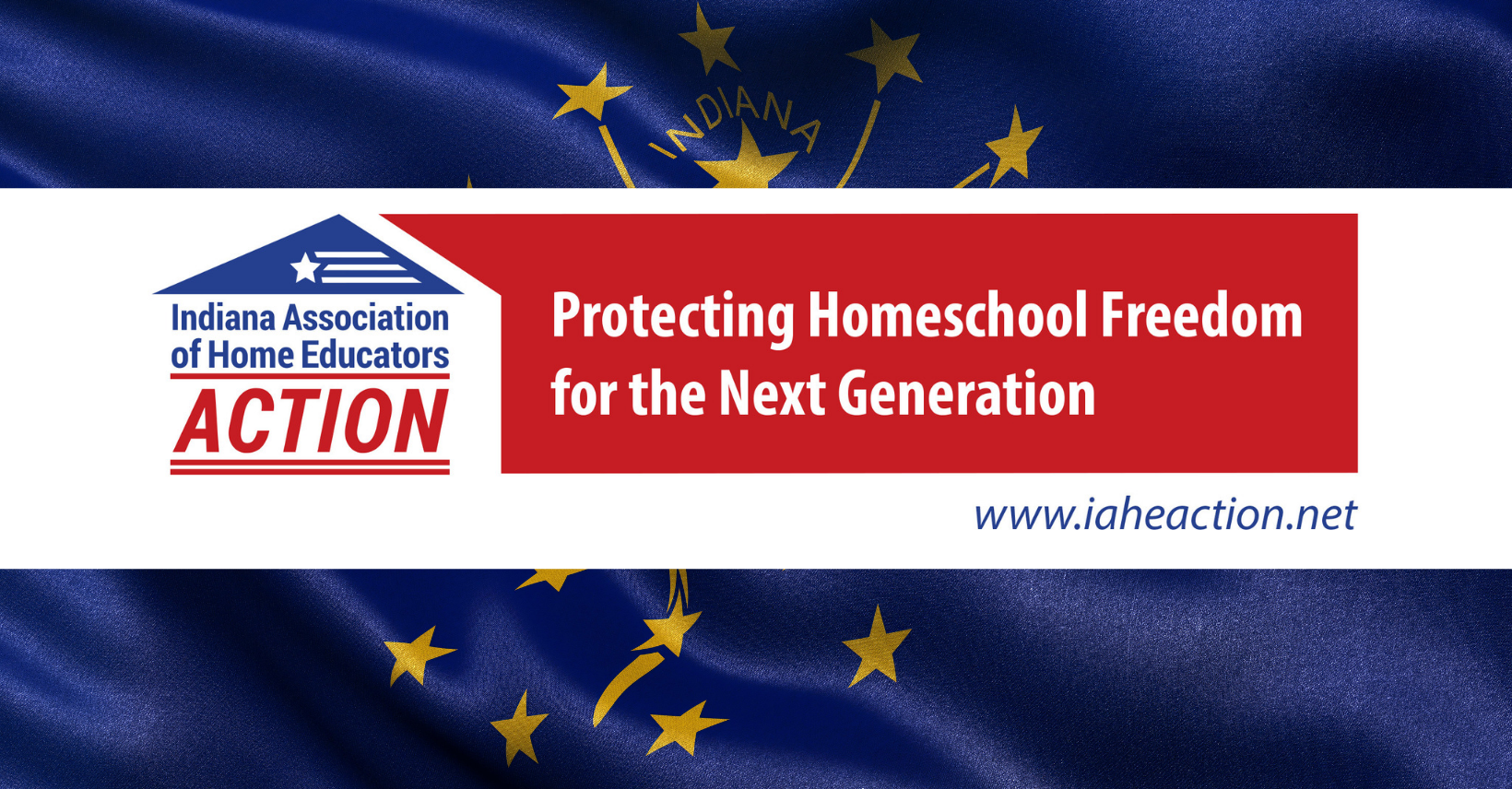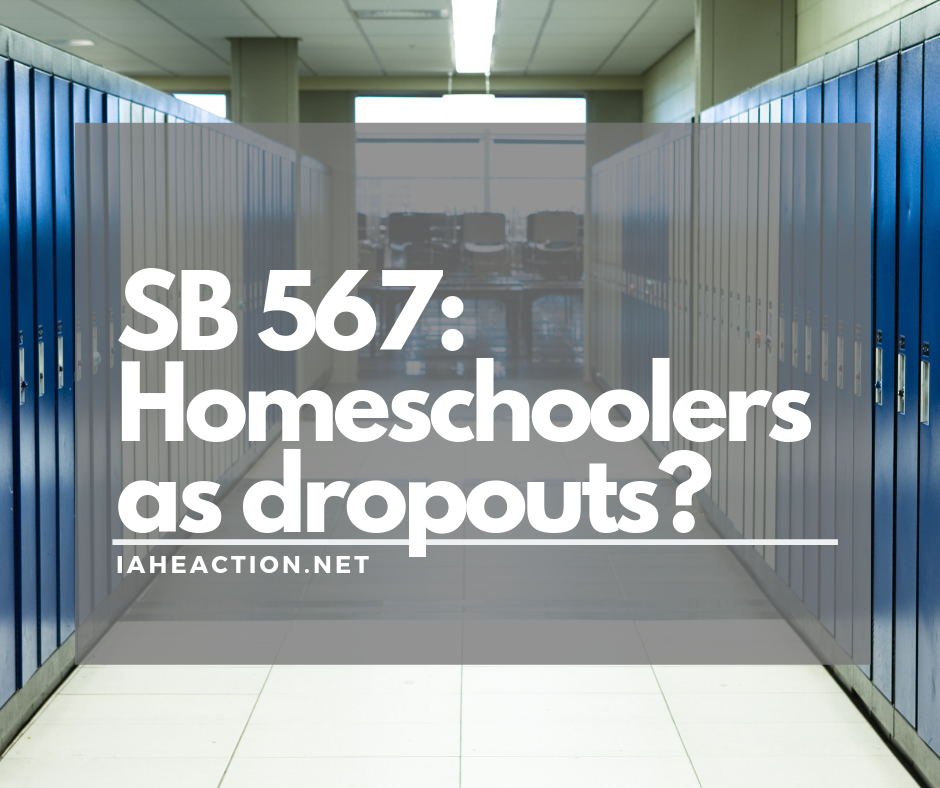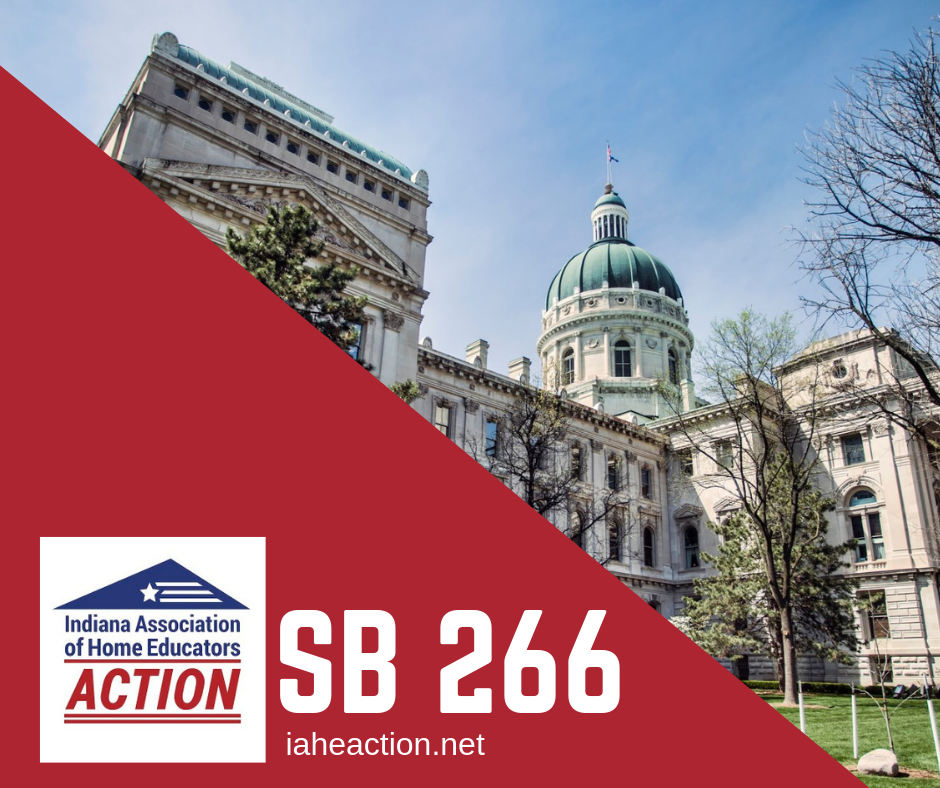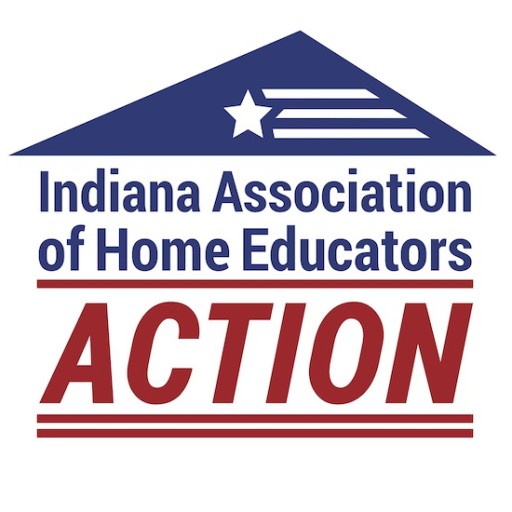Every year, IAHE Action and our sister organization IAHE, monitor threats to homeschool freedom. There is no better way to describe the challenges of the past year than the opening of Pandora’s Box. While the entire world looked at home education with wide-eyed awe and innocence, the long-term impact on our community and our freedom…
Author: Tara Bentley
2019 Legislative Session Wrap-up
IAHE began this legislative session in January by monitoring 69 bills of concern. By mid-session, we were actively monitoring twenty-one bills with the potential to impact homeschool families, three of which were very concerning. While the majority of bills were education issues that we typically monitor every year, the emergence of mental health bills unexpectedly…
SB 567: Homeschoolers as dropouts?
On April 9, 2018 Chalkbeat Indiana posted an article regarding SB 567, a bill to provide oversight to Indiana’s virtual, public school programs. The article referenced Rep. Bob Behning, the Indianapolis Republican who chairs the House Education Committee as saying: Students who leave any public school — virtual or traditional — to be homeschooled would…
What About SB266?
We applaud the intentions of the authors to address the concerns that public schools are facing today, but tragic situations lead to bad legislation.
International Compulsory Attendance Age
By: Alison Slatter and Bridgette Whitlow-Spurlock This year, the Republican Superintendent of Public Instruction has vocally led the charge to lower the compulsory attendance in the state of Indiana. The Indiana Department of Education (IDOE) published a nice, full-color, eight-page handout laying out the arguments including a list of all 50 States’ compulsory attendance ages….
